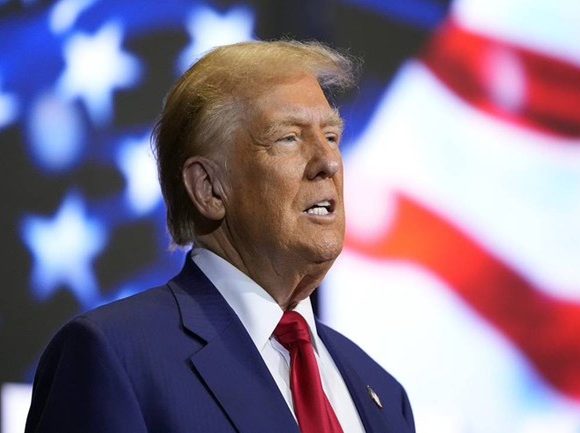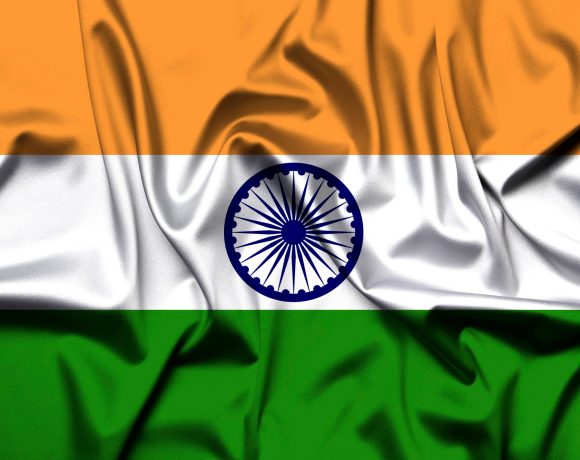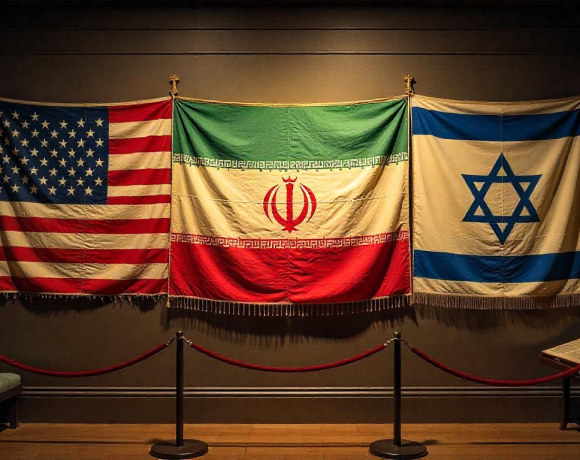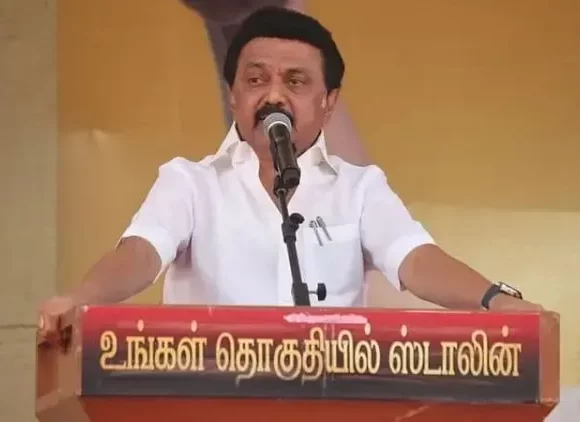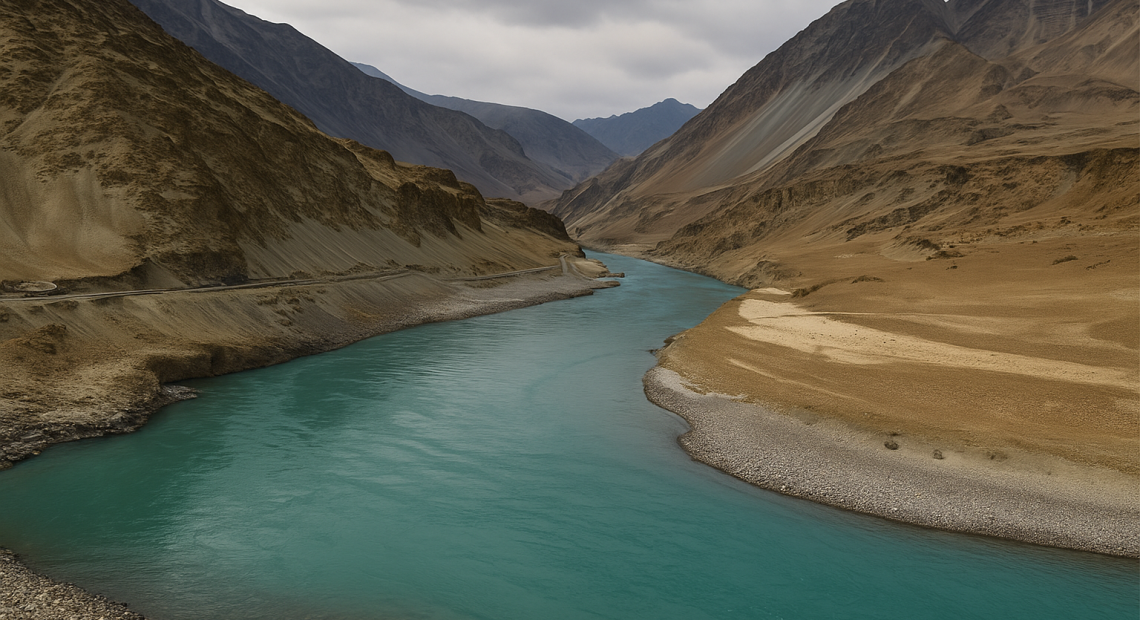
Pakistan Senator Warns of ‘Water Bomb’ After IWT Suspension
In a decisive move following the April 22 Pahalgam terror attack that killed 26 civilians, India has suspended the Indus Waters Treaty (IWT) with Pakistan. The Indian government stated that the treaty will remain in abeyance until Pakistan takes “verifiable and irreversible” action against cross-border terrorism. The suspension of this 1960 World Bank-brokered water-sharing pact marks a serious escalation in Indo-Pak diplomatic relations.
India’s Ministry of External Affairs reinforced the position by reiterating the long-standing policy: “Water and blood cannot flow together.” The suspension comes after repeated Pakistani denials of involvement in cross-border militancy and continued harboring of designated terror entities.
Senator Syed Ali Zafar Calls It a ‘Water Bomb’
Reacting strongly in Pakistan’s Senate, opposition leader and PTI Senator Syed Ali Zafar termed India’s decision a “water bomb.” Warning of dire consequences, he said, “We could die of hunger.” Zafar emphasized that Pakistan is heavily dependent on the Indus River system, with around 90% of the country’s agriculture relying on its waters. He called for the Pakistani government to respond with urgent diplomatic measures.
“The Indus basin is our lifeline,” Zafar said. “Three-fourths of our water resources originate from outside our borders. If India shuts it off, it is nothing short of an existential crisis.”
Major Risk to Pakistan’s Agriculture and Power
The suspension of the treaty could paralyze Pakistan’s agriculture and energy sectors. Punjab and Sindh, the country’s agrarian heartlands, are irrigated almost entirely by the Indus and its tributaries. The fallout may include widespread crop failures, food shortages, and rural economic collapse.
In addition, Pakistan’s hydropower generation is also tied to river flows governed by the treaty. Any prolonged disruption could trigger blackouts, worsening the country’s already strained energy grid.
India Reaffirms Policy: No Dialogue Without Action
India has stood firm, rejecting any scope for third-party mediation. Officials reiterated that the IWT was being exploited by Pakistan to maintain a façade of normalcy while backing terror groups across the LoC.
Foreign Minister Dr. S. Jaishankar, during a recent European visit, underscored that the decision was a sovereign one tied directly to national security. “No talks, no water, no concessions till there is credible action from their side,” he said.
International Response and Growing Concern
The international community is beginning to take note. Slovenia raised the issue at the UN Security Council, urging both nations to ensure water access is not weaponized. India, in response, highlighted that the treaty cannot operate in a vacuum while one party continues to violate the most basic tenets of peace and sovereignty.
As global pressure builds and both nations remain locked in a security standoff, the suspension of the Indus Waters Treaty has emerged not only as a diplomatic flashpoint but a humanitarian one — with millions of Pakistani lives potentially hanging in the balance.


